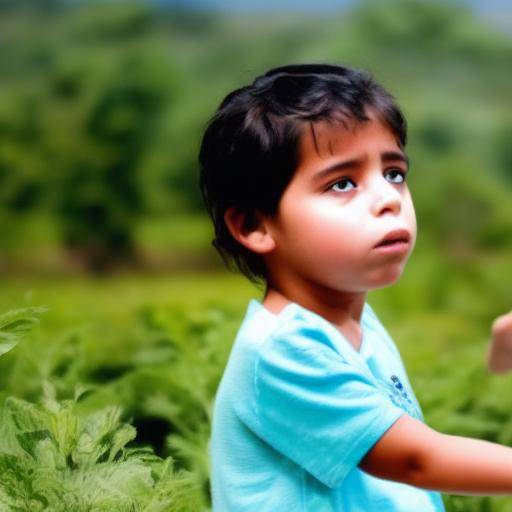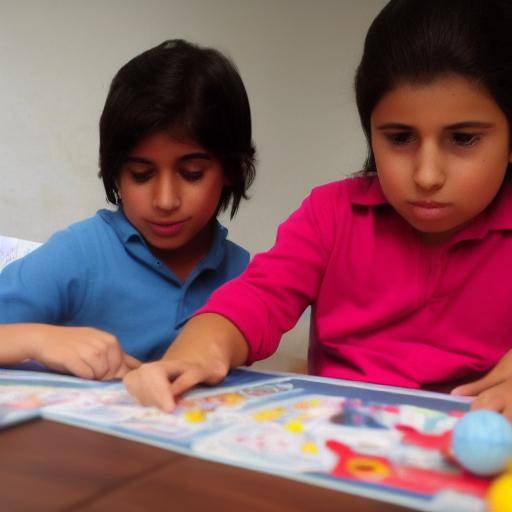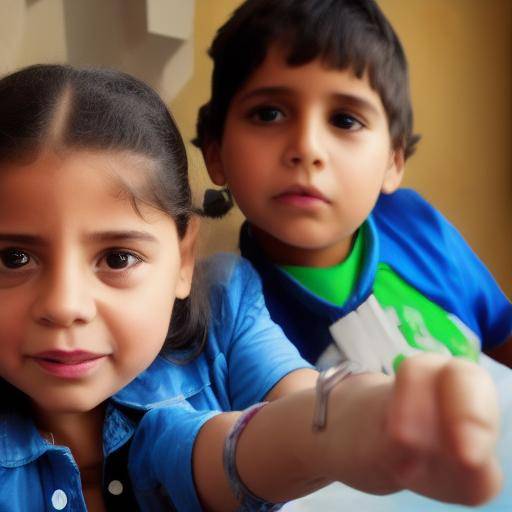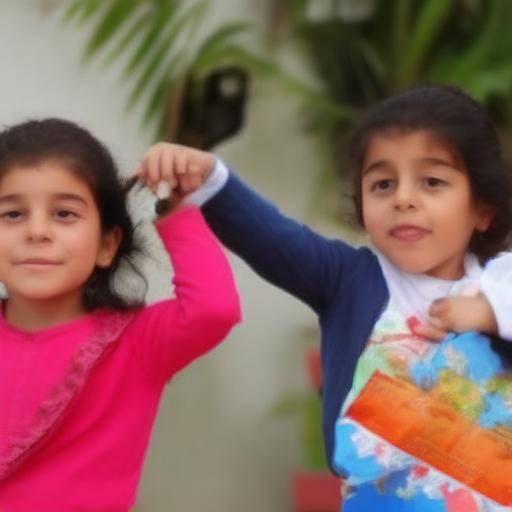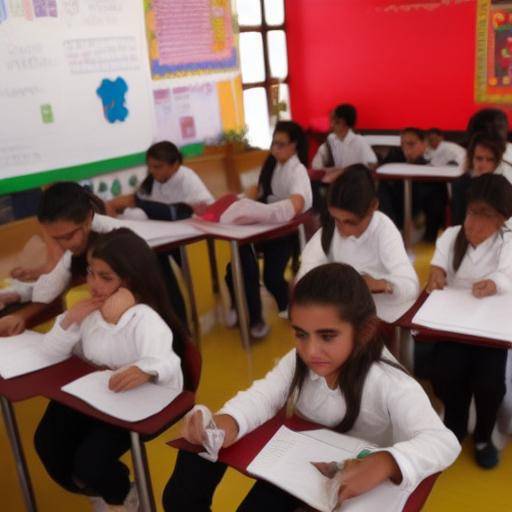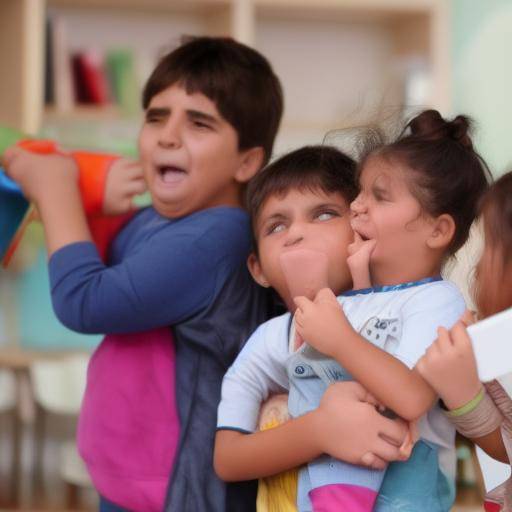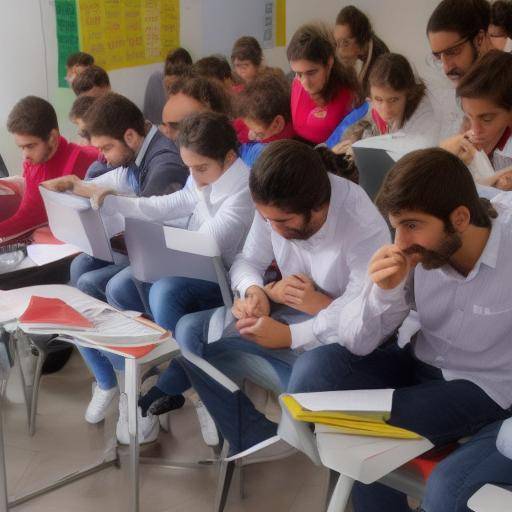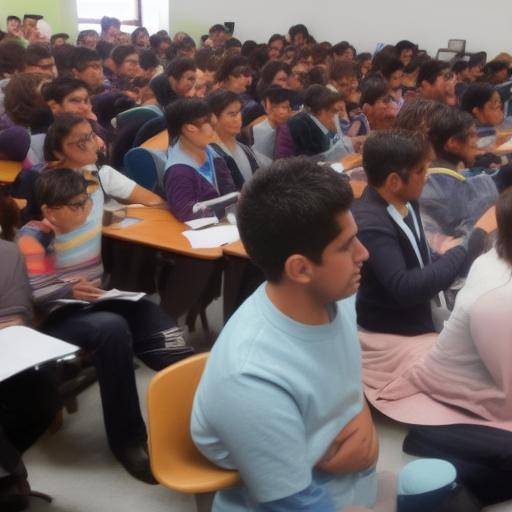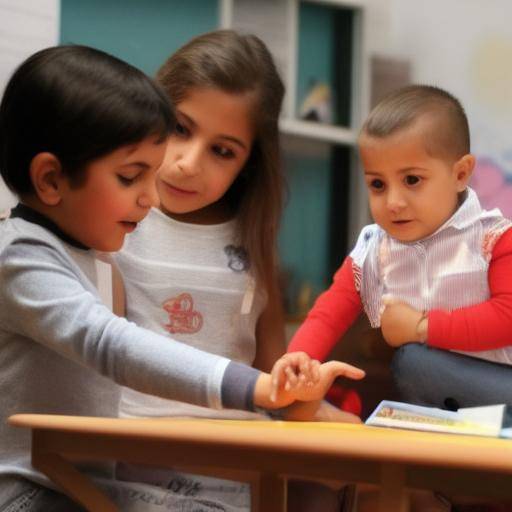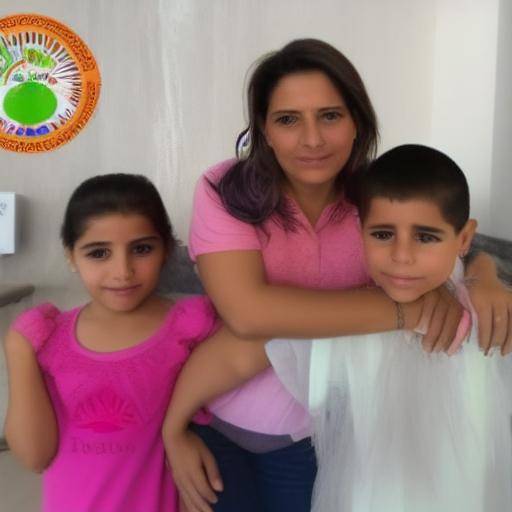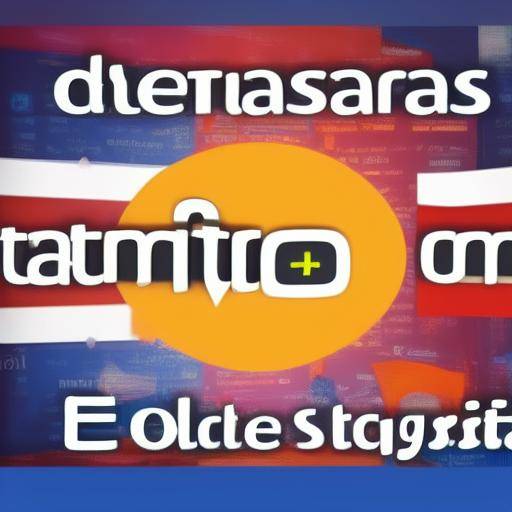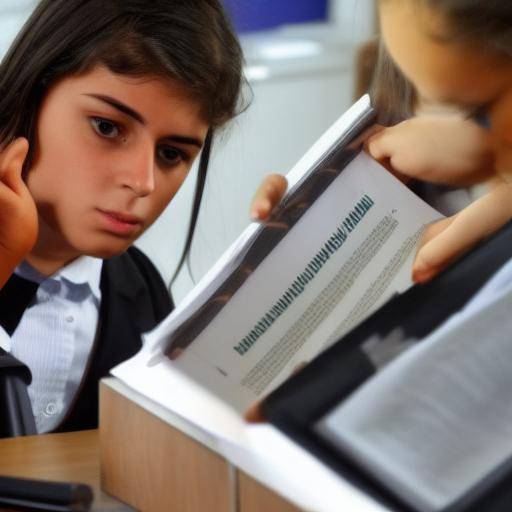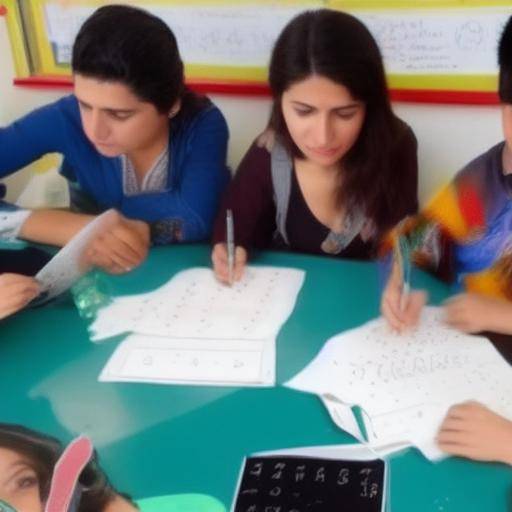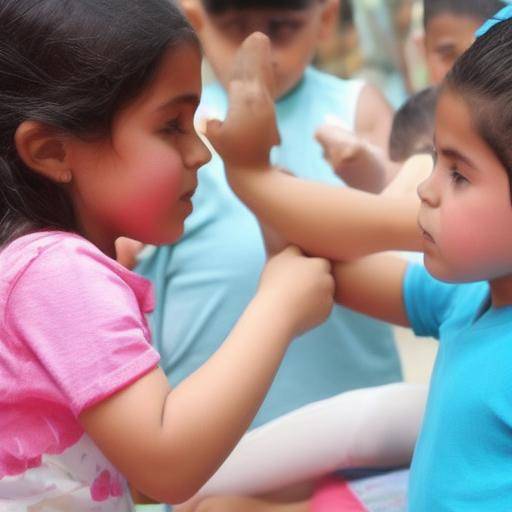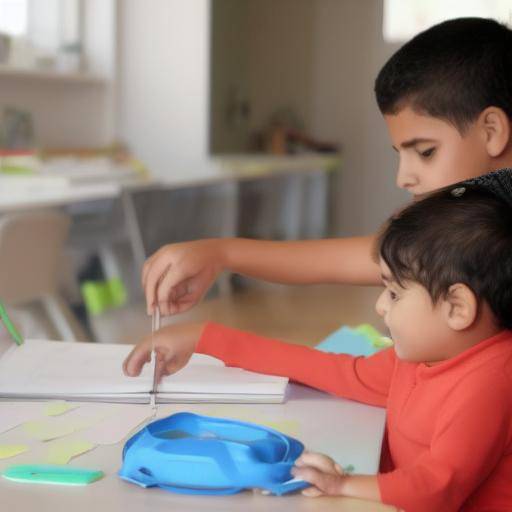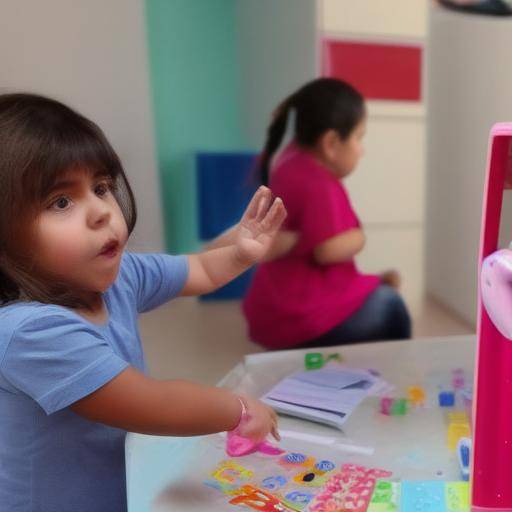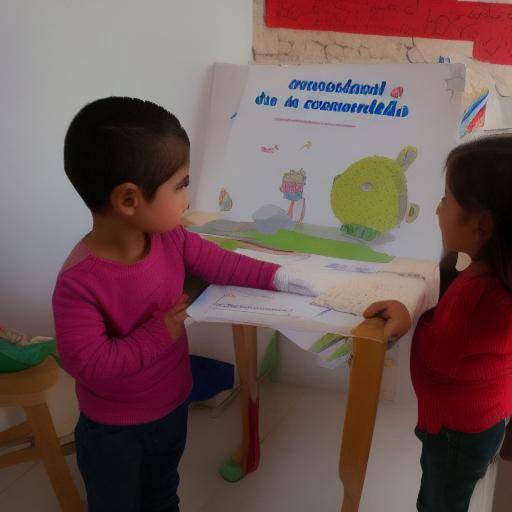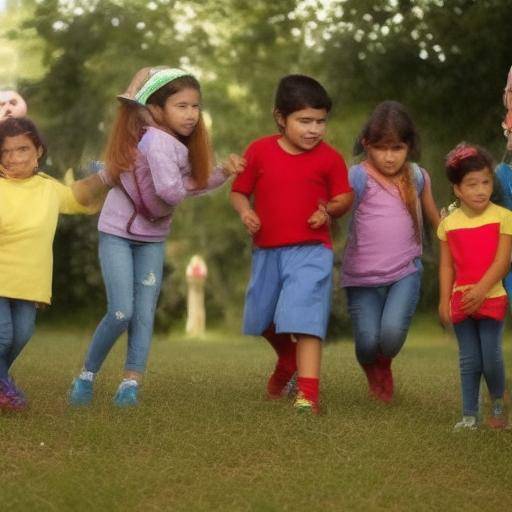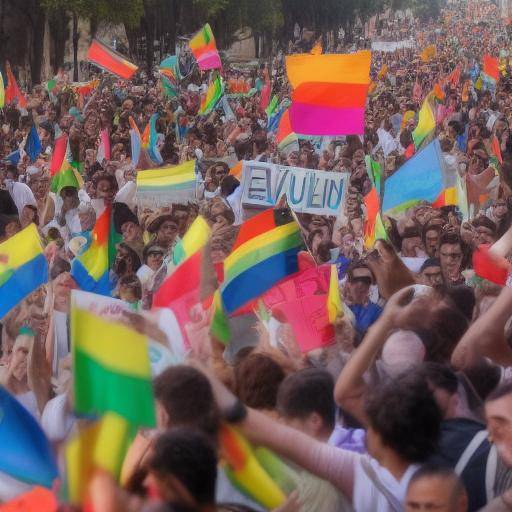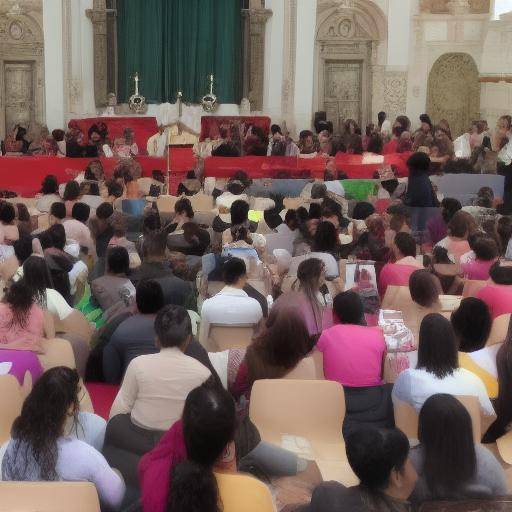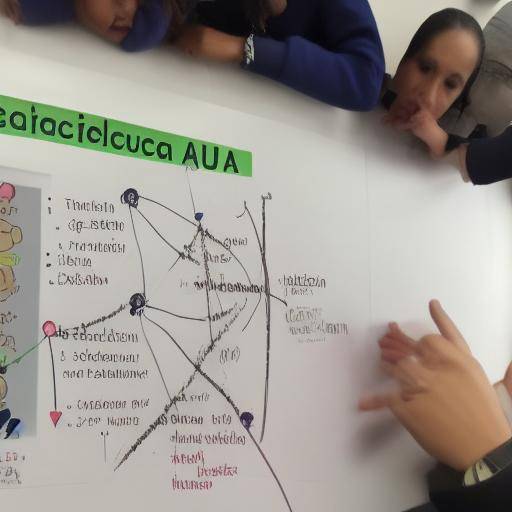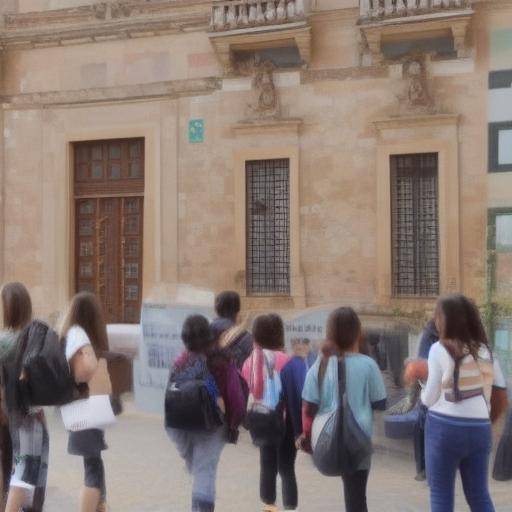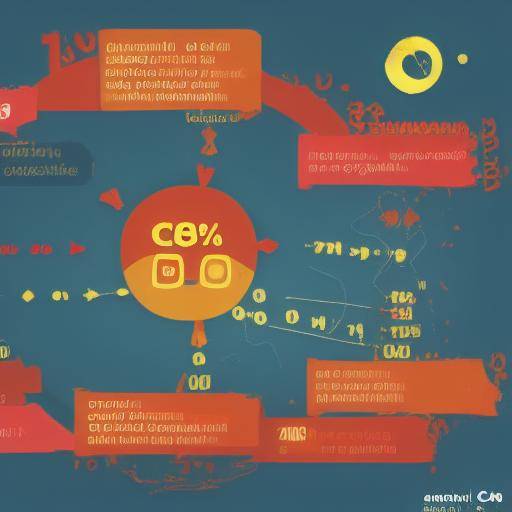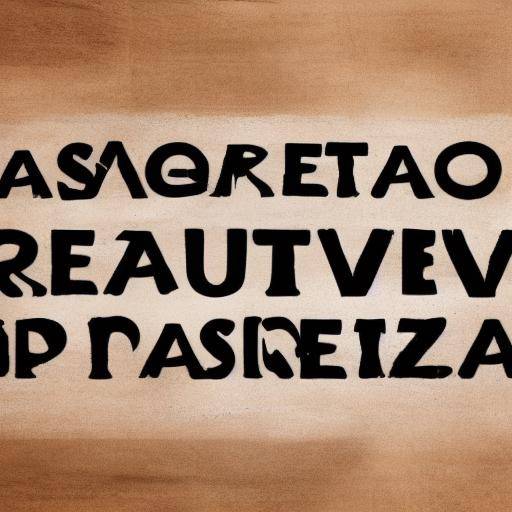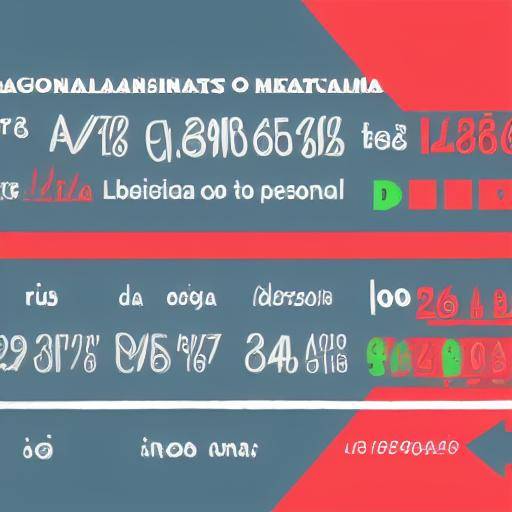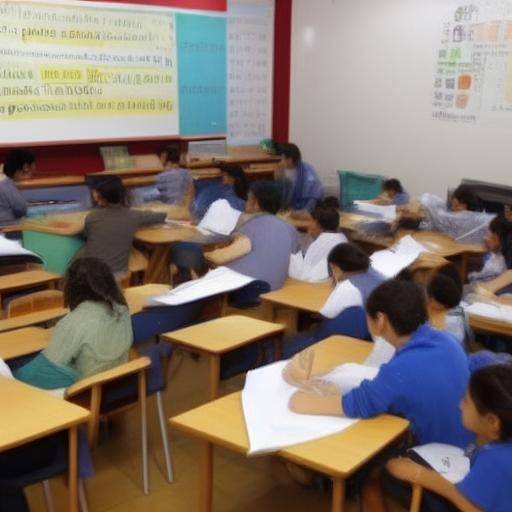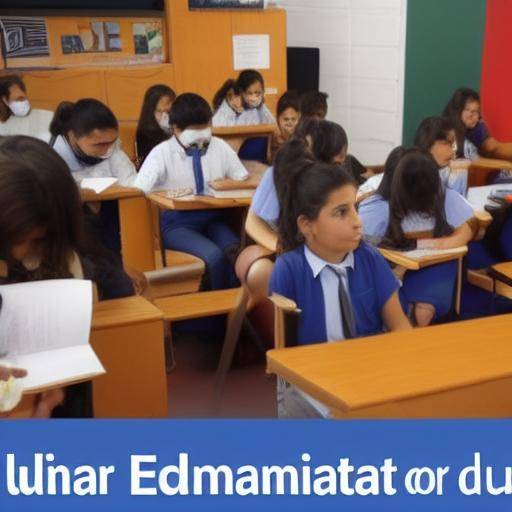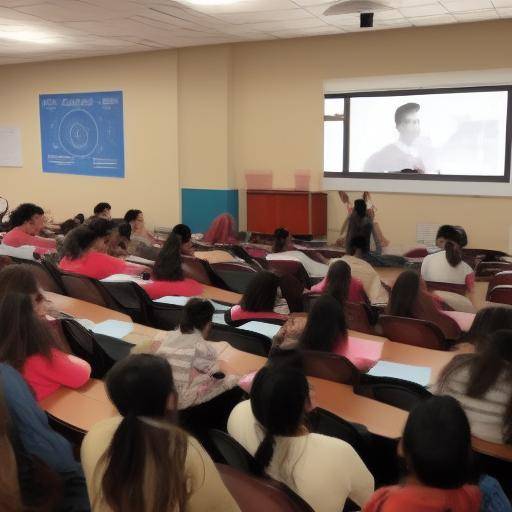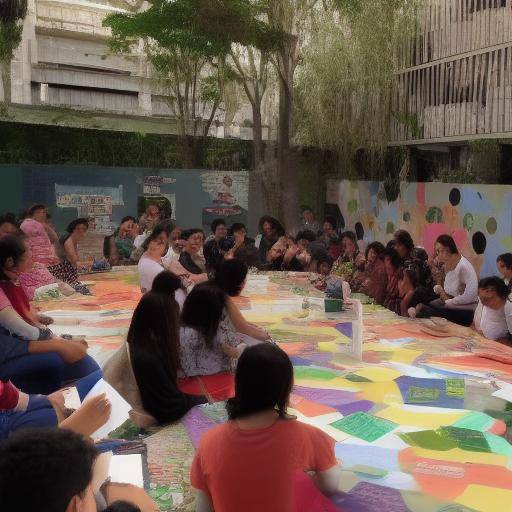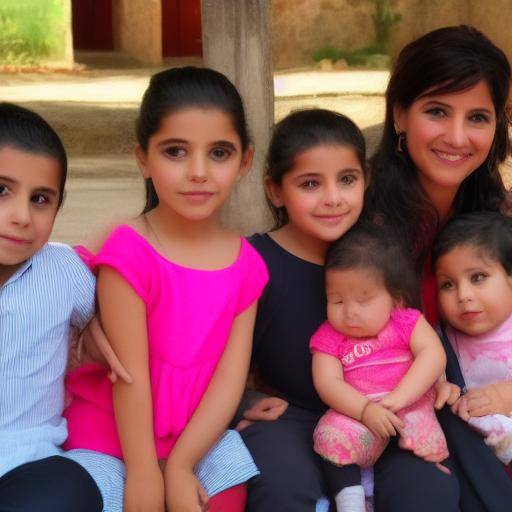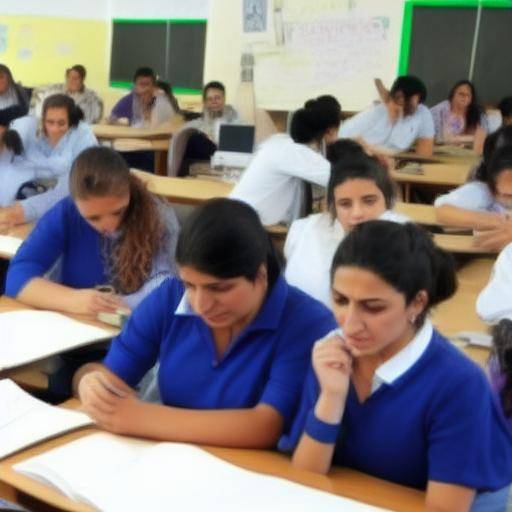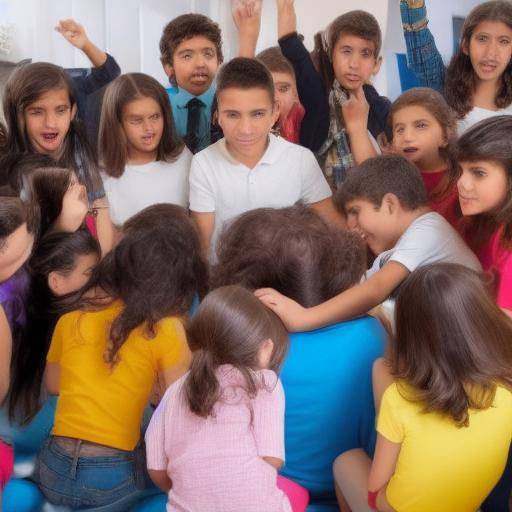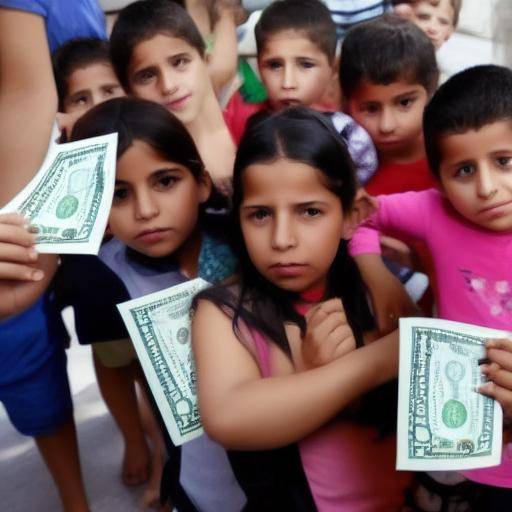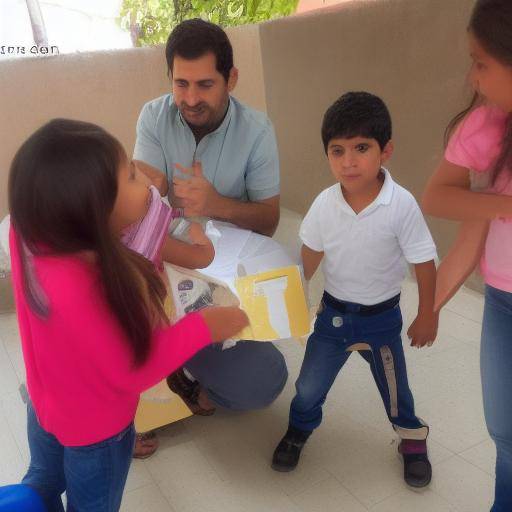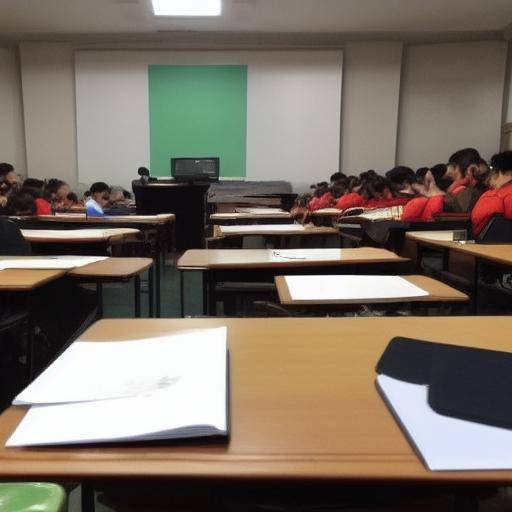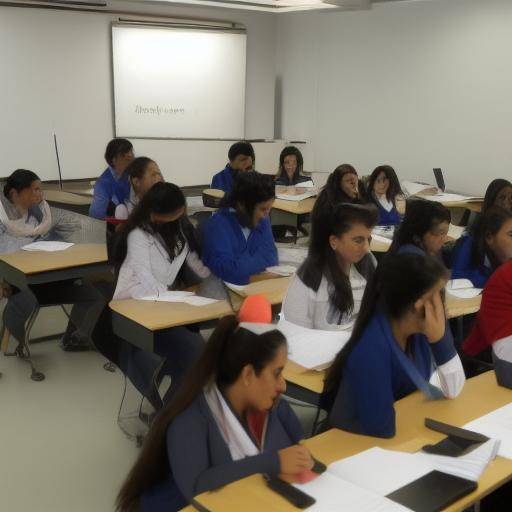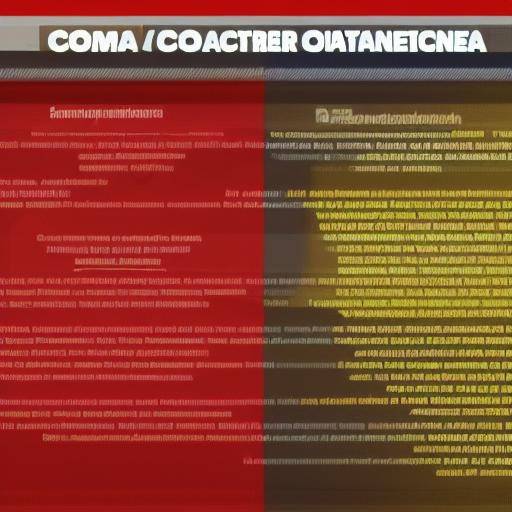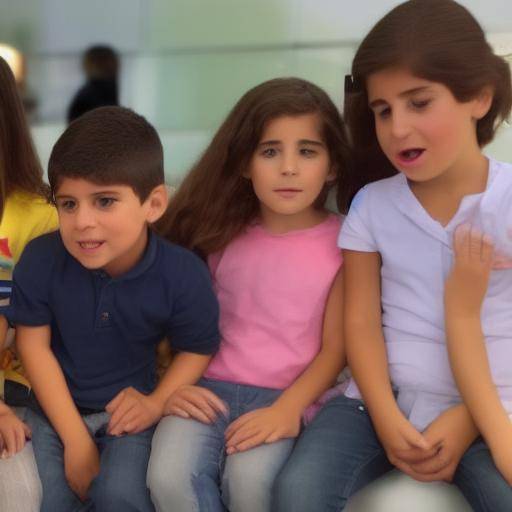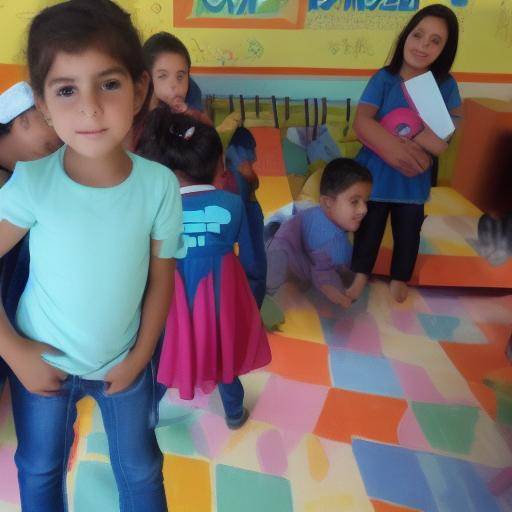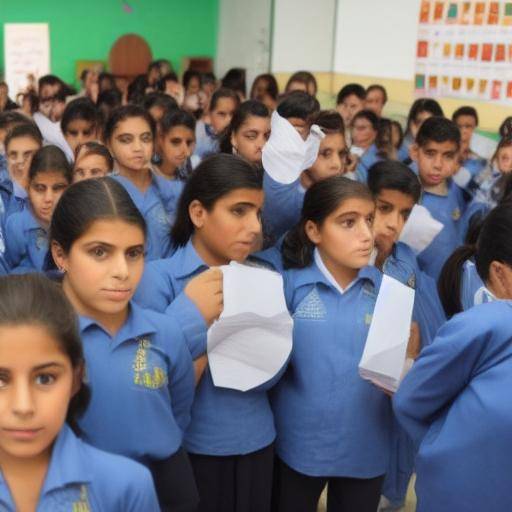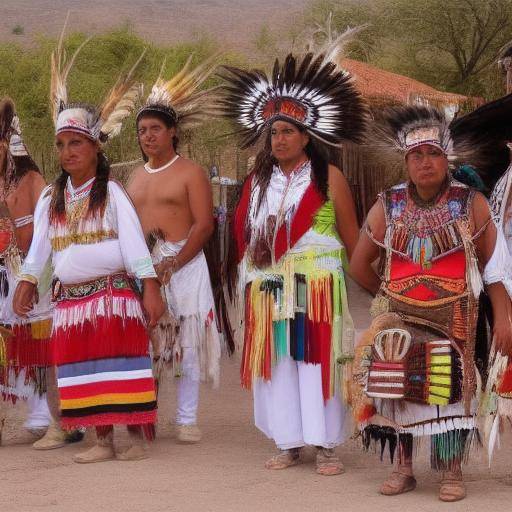
Introduction
At present, teaching on indigenous peoples and their rich cultures is of paramount importance in promoting diversity, respect and mutual understanding in society. This article aims to provide educators, students and any interested person with the necessary tools to address this issue in an informed, respectful and enriching manner. From understanding its historical origins to the application of inclusive practices, we will explore together how to teach about indigenous peoples and their cultures effectively and respectfully.
History and Background
Indigenous peoples have played a key role in the history and culture of Latin America and the world. Since time immemorial, these communities have maintained their unique traditions, languages and life forms, despite the oppression and displacement they have faced throughout history. From ancient Mesoamerican civilizations to contemporary struggles for the recognition of their rights, the history of indigenous peoples is fascinating and rich in lessons of dignity, resistance and wisdom.
It was essential to understand that education on indigenous peoples should address the consequences of colonialism, discrimination and marginalization that they had suffered. In exploring the history of indigenous peoples, educators have the opportunity to challenge stereotypes, correct inaccurate narratives and encourage empathy and respect for these communities.
Deep analysis
Education on indigenous peoples is currently facing unique challenges and opportunities. Despite progress in the recognition of indigenous rights, significant gaps persist in access to education, representation and political participation. The incorporation of indigenous perspectives into the school curriculum and the promotion of inclusive spaces are crucial steps towards more equitable and enriching education for all.
In addressing these topics in the classroom, it is essential to avoid cultural appropriation and adopt collaborative approaches that value and respect indigenous interpretations of their history and culture. In addition, the use of authentic educational resources and the invitation of leaders and members of indigenous communities can significantly enrich the educational experience.
Comprehensive review
Teaching about indigenous peoples and their cultures can be enriched by the incorporation of the worldview, traditions and contributions of these communities into society. In addition, promoting intercultural dialogue and mutual learning can contribute to building solid bridges between indigenous peoples and the rest of society, fostering inclusiveness and mutual respect.
At the same time, it is essential to address structural inequalities affecting indigenous peoples, from lack of access to basic services to the dispute over their ancestral lands. Education on these issues can empower students to advocate for justice and equity in their communities.
Comparative analysis
Teaching about indigenous peoples and their cultures not only enriches the understanding of human diversity, but also highlights the importance of preserving and assessing the cultural wealth of all communities. By comparing the traditions, knowledge systems and forms of social organization of indigenous peoples with other cultures, a deeper appreciation of humanity as a whole is promoted.
At the same time, it is crucial to recognize and respect differences as enriching elements rather than sources of division. Intercultural pedagogy can foster reflection and constructive dialogue around cultural diversity, strengthening social fabric and peaceful coexistence.
Practical Tips and Accessible Advice
By incorporating teaching on indigenous peoples and their cultures into the classroom, educators can enrich their students' educational experience through various strategies. Some practical approaches include the use of authentic teaching materials, the organization of visits to indigenous communities, and the promotion of respect and empathy through participatory activities.
Perceptions of Industry and Expert Reviews
Experts in the field of intercultural education and anthropology highlight the importance of raising awareness and respect for indigenous cultures from the early stages of education. They also emphasize the need for inclusive educational policies that guarantee equal access to quality education for all students, regardless of their ethnic or cultural origin.
Case Studies and Real Life Applications
Case studies that illustrate successful educational experiences in teaching indigenous peoples and their cultures provide valuable lessons on effective pedagogical approaches and inclusive practices. From the development of intercultural curricular programs to the implementation of collaborative initiatives with indigenous communities, these cases demonstrate the positive impact of culturally sensitive education.
Future Trends and Predictions
As society moves towards greater recognition of cultural diversity, it is hoped that teaching on indigenous peoples and their cultures will be at the heart of global educational agendas. The use of innovative technologies and the integration of indigenous perspectives into scientific and humanistic knowledge represent exciting opportunities to enrich education and promote mutual respect.
Conclusion
In conclusion, teaching on indigenous peoples and their cultures is a dynamic process that requires a continuous commitment to reflection, dialogue and action. Recognizing the importance of preserving and assessing cultural diversity, we contribute to the construction of more inclusive, fair and respectful societies. We invite those interested in this topic to continue exploring and learning, thus contributing to the construction of a world where all cultures are honored and celebrated.
Frequently asked questions
- What is the importance of teaching about indigenous peoples in the current educational context?
- Teaching on indigenous peoples enriches the understanding of cultural diversity, promotes inclusiveness and mutual respect, and provides an opportunity to correct inaccurate historical narratives.
- How can educators address sensitive issues by teaching about indigenous peoples and their cultures?
- Educators can address sensitive issues through intercultural education, the use of authentic resources and the establishment of an atmosphere of respect and openness to dialogue.
- What role do indigenous communities play in teaching about their own cultures?
- Indigenous communities play a key role as custodians of their cultural heritage, and it is crucial to invite their participation and collaboration in education.
- How can teaching on indigenous peoples enrich the education of all students?
- Teaching about indigenous peoples promotes empathy, respect for diversity, and offers unique perspectives that enrich the understanding of the world and history.
- What are some recommendations for incorporating education on indigenous peoples in different areas of the school curriculum?
- It is advisable to integrate teaching on indigenous peoples in various areas, such as history, literature, social sciences and art, through interdisciplinary approaches.
- What are some successful contemporary initiatives in teaching about indigenous peoples?
- Successful initiatives include the development of intercultural educational programmes, collaboration with leaders and members of indigenous communities, and the integration of indigenous perspectives into the curriculum.
With these responses, we look forward to providing clarity on the importance and best practices in addressing the teaching of indigenous peoples and their cultures in the current educational context.
In this article, we have explored the importance of teaching about indigenous peoples and their cultures, providing detailed information, practical advice and reflections on the positive impact that this teaching may have on society. Continue learning about these issues will contribute to the construction of a more inclusive, just and respectful world towards cultural diversity and indigenous communities.

